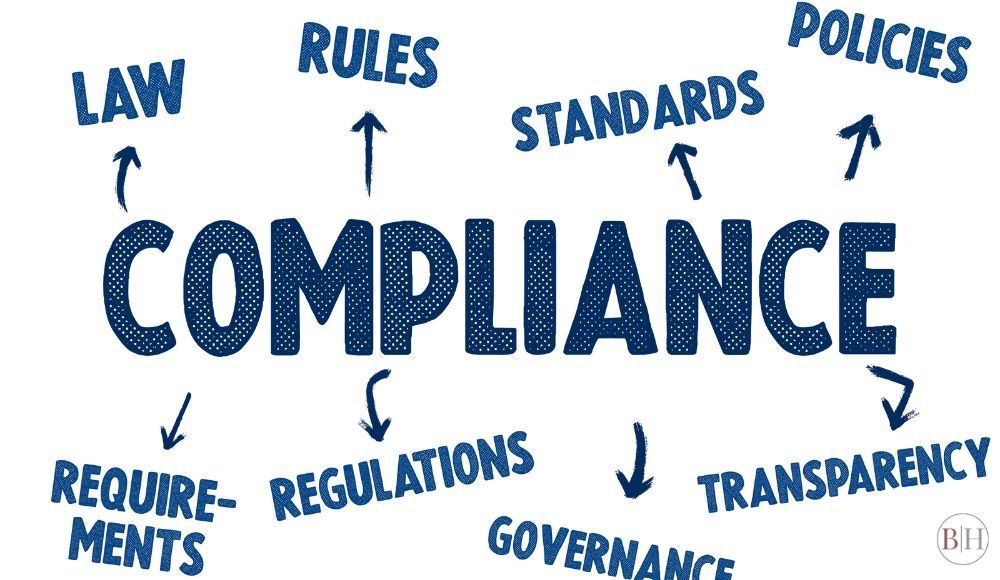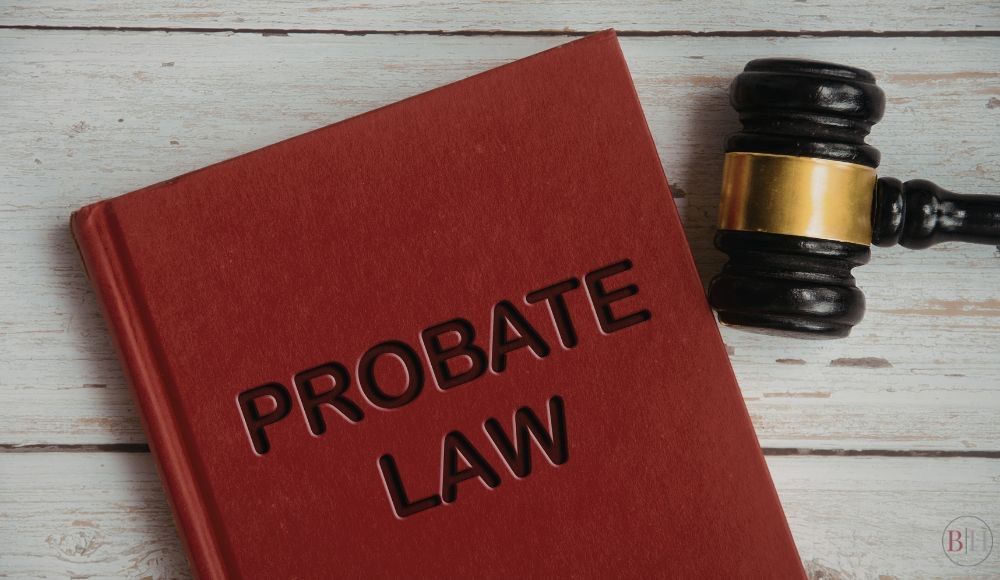How to Prepare for a Civil Litigation Lawsuit

Litigation is not always avoidable. The best way to achieve your goal in a civil litigation lawsuit is to hire an experienced Civil Litigation Attorney. Litigation can be a long and complicated process, and whether you are a plaintiff or a defendant, having some knowledge of the basic process is important.
What is Civil Litigation?
Often, civil litigation involves a legal dispute between two or more parties (individuals, businesses, or other entities) in which the plaintiff seeks monetary compensation (known as damages) or a specific action from the defendant.
Many types of disputes can lead to civil litigation, for example:
- Product Liability
- Construction liability
- Medical malpractice
- Personal injury
- Real estate disputes
- Intellectual property disputes
- Anti-trust litigation
- Landlord/Tenant disputes
- Breach of Contract
What is the Civil Litigation Process?
Every civil suit is unique, but most follow the same process:
- The plaintiff
files a complaint
with the court against the defendant. The complaint is a written document that includes the plaintiff's legal claims and what they want from the defendant.
- The complaint is served upon the defendant, who is given a certain amount of time to
respond to the complaint. The defendant should respond to each allegation and is permitted to make a counterclaim against the plaintiff if applicable.
- During the
discovery process, the attorneys process and exchange information related to the case.
- The judge may order the parties to attend a
settlement conference, or a party can request a settlement conference. The purpose of this conference is to try to resolve the case before it goes to trial. Because a trial can be lengthy and costly, settling out of court often benefits everyone involved.
- The judge may also order one or more
pretrial conferences
to ensure that both parties adequately prepare for the trial so that it can proceed as efficiently as possible. During these pretrial conferences, the judge may try to simplify the issues, eliminate some of the claims or defenses, limit the time allowed for the trial, discuss if the dispute can be resolved without a trial, etc.
- The judge may also order the parties to file a written
trial memorandum. The memorandum often outlines the facts of the case and list defenses, witnesses, exhibits, and more.
- During the
trial, which can be heard by a judge (a bench trial) or a jury, each party has the opportunity to present their case. Once all of the evidence has been presented, the judge or jury delivers their findings with a verdict.
- If a party is dissatisfied with a final ruling, when warranted, they can file an appeal and request that an appellate court review the decision of the trial court or jury. Each party presents their arguments to the appellate court by submitting briefs and a record of evidence from the trial court. If the appellate court does not find an error in the trial court proceedings, it will affirm the verdict. If it does find an error, the appellate court can order a new trial or take other steps.
Experienced Civil Litigation Attorneys You Can Trust
To achieve a successful outcome, litigation requires extensive knowledge of the law, the court system, an often-complex litigation process, and skillful planning. Whether you are the plaintiff or defendant, the experienced legal team at Bingaman Hess will thoroughly analyze your situation, provide knowledgeable guidance, and offer all available options to help achieve your desired outcome.
Contact us today at 610.374.8377 or find us online.









